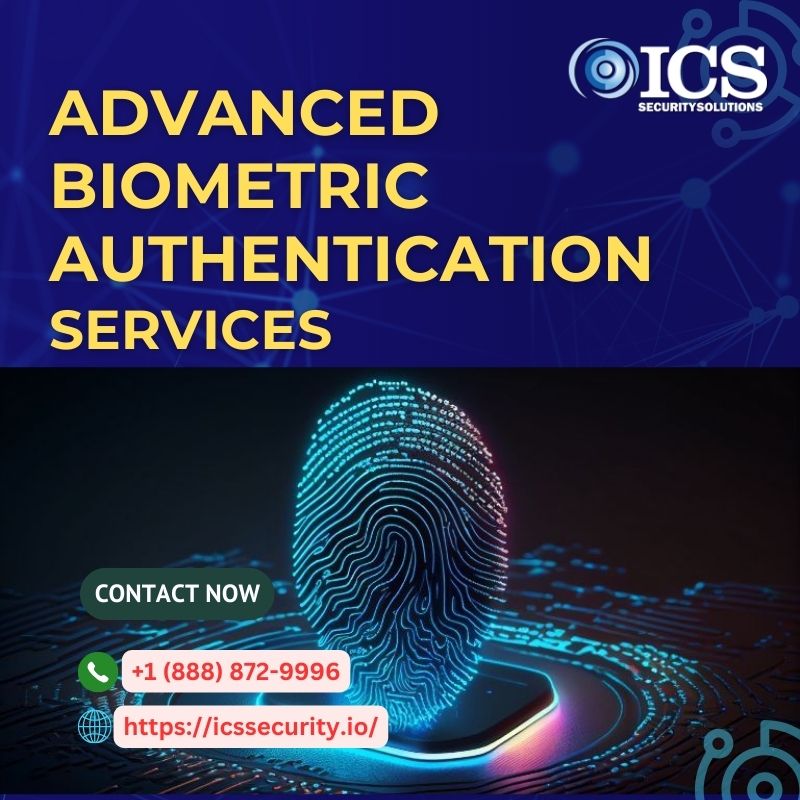
So, What’s the Deal with GOST R Certification Anyway?
If you’ve ever tried doing business in Russia—or even thought about it—you’ve probably stumbled upon a not-so-little thing called GOST R certification. Sounds pretty official, right? That’s because it is. It’s not just a rubber stamp or some bureaucratic hoop you jump through. It’s the key that gets your products past customs, onto Russian shelves, and into the hands of buyers who actually trust what they’re buying.
But here’s the catch—GOST R isn’t just one certificate. It’s an entire system. A bit like opening a set of nesting dolls: there’s more inside than you expected.
Let’s unpack it together—without getting buried in cold, hard regulation-speak.
Why Russia Cares So Much About This
You might wonder—why such a fuss? Why does Russia even require GOST R certification?
Simple: consumer protection, standardization, and product reliability. Russia wants to make sure anything sold on its turf meets safety, quality, and performance standards. That means no shoddy electronics, no toys that fall apart, no food additives that make folks sick.
It’s part quality control, part gatekeeping, and—yes—a bit of old-school Soviet-style documentation culture. But don’t let that intimidate you. If you approach it the right way, it’s entirely doable.
Let’s Talk Origins: Where GOST R Came From
Quick history snack: GOST stands for Gosudarstvennyy Standart, which literally translates to “state standard.” These standards go all the way back to the Soviet era (yes, that far). The current version, GOST R, was introduced after the USSR collapsed and Russia needed a modernized, independent certification system of its own.
Think of it as Russia’s answer to CE marking in the EU or UL certification in the U.S.—only with a bit more paperwork and Cyrillic.
What Needs GOST R Certification?
Okay, so here’s where it gets real. Not everything needs GOST R certification, but a surprising number of product categories do.
Here are a few examples:
- Electrical and electronic goods (TVs, computers, home appliances)
- Machinery and industrial equipment
- Construction materials
- Food products
- Kids’ toys and clothing
- Personal protective equipment
You get the idea. If it plugs in, feeds someone, goes on a child, or could fall apart and hurt someone—it probably needs certifying.
Here’s a weirdly specific example: even toothpicks used to need GOST certification. Seriously. (They’ve relaxed a bit since.)
The Certification Types: Mandatory vs. Voluntary
Let’s make this super clear because a lot of people trip over this part.
- Mandatory GOST R Certification: Required by law. Customs won’t clear your products without it. These certificates apply to higher-risk or regulated goods.
- Voluntary GOST R Certification: Not required, but a smart move if you want to build trust and show off a quality badge. Some distributors and retailers in Russia won’t even consider your product without it—even if it’s technically exempt.
So even if your product doesn’t fall under mandatory requirements, having that voluntary GOST R mark? That’s like showing up to a job interview in a tailored suit instead of sweats.
The Process: What It Actually Looks Like
Here’s what you’ll usually go through:
Find a Local Representative
You’ll need a Russian entity to represent you legally. No rep? No certificate. Simple as that.
Submit Application & Product Info
That includes technical specs, safety data, and in some cases, user manuals translated into Russian. (Yes, translation matters.)
Testing in Accredited Labs
Your product gets shipped to Russia (or in some cases, certified labs elsewhere) where it’s tested against the relevant GOST R standards.
Inspection (Sometimes)
For certain certificates, auditors may visit your production site to make sure you’re not faking quality with Photoshop and duct tape.
Issuance of the Certificate
Once everything checks out, you get your GOST R certification—valid for anywhere from 1 to 5 years.
Ongoing Surveillance (Maybe)
Some long-term certificates come with routine audits or follow-up testing. Just to keep everyone honest.
Certificates, Declarations, and Other Confusing Things
Here’s a quick cheat sheet:
- GOST R Certificate of Conformity: The classic certificate that says your product meets Russian standards.
- Declaration of Conformity: Slightly less formal than a certificate but still legally binding.
The rule of thumb? If you’re unsure whether you need a GOST R or EAC certificate, ask a local expert. And always check if your product is on Russia’s “mandatory list.”
Common Pitfalls (and How to Dodge Them)
Let’s not sugarcoat it—this process can trip up even the sharpest companies. Here are some classic blunders:
- Sending incomplete documentation
Don’t just assume a brochure is enough. Technical files, testing protocols, safety data—it all matters.
- Choosing a sketchy certification body
Not all certifiers are created equal. Some are slower than molasses, some will nickel-and-dime you, and others might not even be properly accredited.
- Forgetting about translation
Yes, the Russian version of your manual matters. No, Google Translate won’t cut it.
- Missing renewal deadlines
If your certificate expires, your product can get stuck at the border. Literally—customs can seize it.
The Business Payoff: Is It Worth It?
Let me tell you a secret: The Russian market is massive. And despite its reputation for red tape and tight regulations, companies that break through often find gold on the other side.
We’re talking:
- A population of over 140 million
- Growing demand for foreign-made goods
- High trust in certified imports
- Competitive edge over uncertified rivals
Yes, the upfront work can be tedious. But the long-term access? That’s real money.
A Quick Note on Costs
It varies. But a ballpark estimate?
- For simple products: around €1,000 to €2,500
- Complex equipment: €5,000 or more
- Add testing, inspections, and translations—costs can add up fast.
Still, it’s often cheaper than navigating multiple individual country regulations in the EU.
And remember: Voluntary GOST certification isn’t always expensive, and it can seriously help your brand reputation inside Russia.
Certification Isn’t a One-and-Done Deal
Here’s the kicker: GOST R isn’t a “set it and forget it” kind of thing.
Certificates expire. Standards get updated. Your product line changes. So build certification into your business strategy. Don’t treat it like a one-off favor you do for your Russian distributor.
Stay proactive (yeah, I said it) and keep tabs on your certificates. That way, when opportunity knocks—say, a major distributor calls—you’re not scrambling.
Final Thoughts: Is GOST R Certification Worth the Effort?
Absolutely. If Russia is even potentially on your market radar, getting certified puts you ahead of the game. It shows you’re serious. That you respect the market. That you’re not just there for a quick cash grab.
Sure, it might feel like navigating a snowstorm with a paper map at first. But with the right guidance (and maybe a warm cup of tea along the way), you’ll find your way through.
And you know what? Once you get past the red tape, the Russian market can be surprisingly warm.
GOST R certification is your golden ticket to doing business in Russia. It can be complex, but it’s manageable—and well worth it if you’re eyeing that giant, opportunity-packed market. Just don’t forget to bring a Russian-speaking guide and maybe a little patience.
Want help navigating the process or choosing the right certifying body? Let’s talk. Because trust me—you don’t want to be stuck at the border without the right paperwork.




